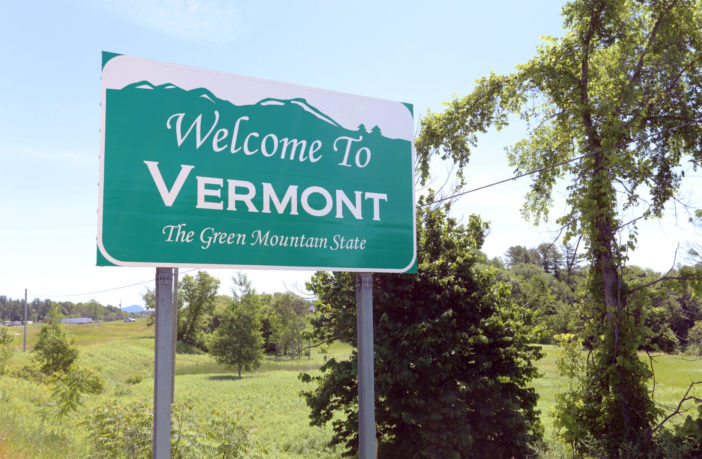Norwich, Vermont’s city council is taking a vote on whether its police department should share information with U.S. Immigration and Customs Enforcement (ICE). Local residents Liz Blum and Sharon Racusin say that local cops shouldn’t share information with ICE. According to them, there is a “need to protect the increasing number of migrant workers at dairy farms across the region.”
In this case, “migrant workers” is a code-word for illegal aliens. Lawfully present immigrants who have been granted work authorization by the federal government don’t need protection from local, state or federal law enforcement. As long as they aren’t violating the terms of their immigration status, they are free to live and work in the U.S. So, what Blum and Racusin are really engaged in is an effort to make local police complicit in hiding illegal aliens from ICE.
Why do some residents of Norwich want to keep the police from cooperating with ICE? According to Racusin, “We want to send the most positive message and the most protective message that this is a community that wants you to come here. We want you to come spend money here, let’s be honest.”
However, Blum and Racusin seemed to have failed middle school civics (just like all the other “sanctuary” advocates throughout the United States). You see, we live in a federal republic. That means we have multiple levels of government that exercise specific powers that are defined by law. And, pursuant to the Supremacy Clause of the Constitution, state and local governments have no authority to nullify or opt out of federal laws.
As the Supreme Court has repeatedly noted, most recently in United States v. Arizona, the federal government has exclusive control over immigration policy. Simply put, state and local governments have no authority to enact ordinances that countermand federal immigration laws. What’s more, federal law – in the form of 8 U.S. Code § 1373 – specifically states that cities and states can’t prohibit their agencies from sharing information with federal immigration agencies.
In reality, Blum and Racusin aren’t sending a “positive” or “protective” message. Moreover, their bogus claims that hobbling local police “is a very American thing to do” and that they are motivated by good old fashioned capitalism because illegal aliens “spend money” in their community ring utterly hollow. What they are actually doing is advocating the silly notion that whenever a city government in the United States disagrees with a federal policy, it’s free to ignore federal law and go its own way.
That’s a dangerous precedent because no one knows where it stops. If municipalities can exempt themselves federal laws that criminalize crossing the border without authorization, can they do the same thing with regard to other federal laws? Can a municipality, for example, declare itself exempt from laws that apply to child pornography or manufacturing explosives? And if cities and towns can ignore federal law at will, why do they have any obligation to abide by state laws?
One thing is certain, however, if Norwich continues to hold itself out as a refuge for those who thumb their noses at the rule of law, it’s only a matter of time before some unwitting Vermonter becomes the next Mollie Tibbetts or Kate Steinle. Tolerating bad behavior only encourages more bad behavior.




